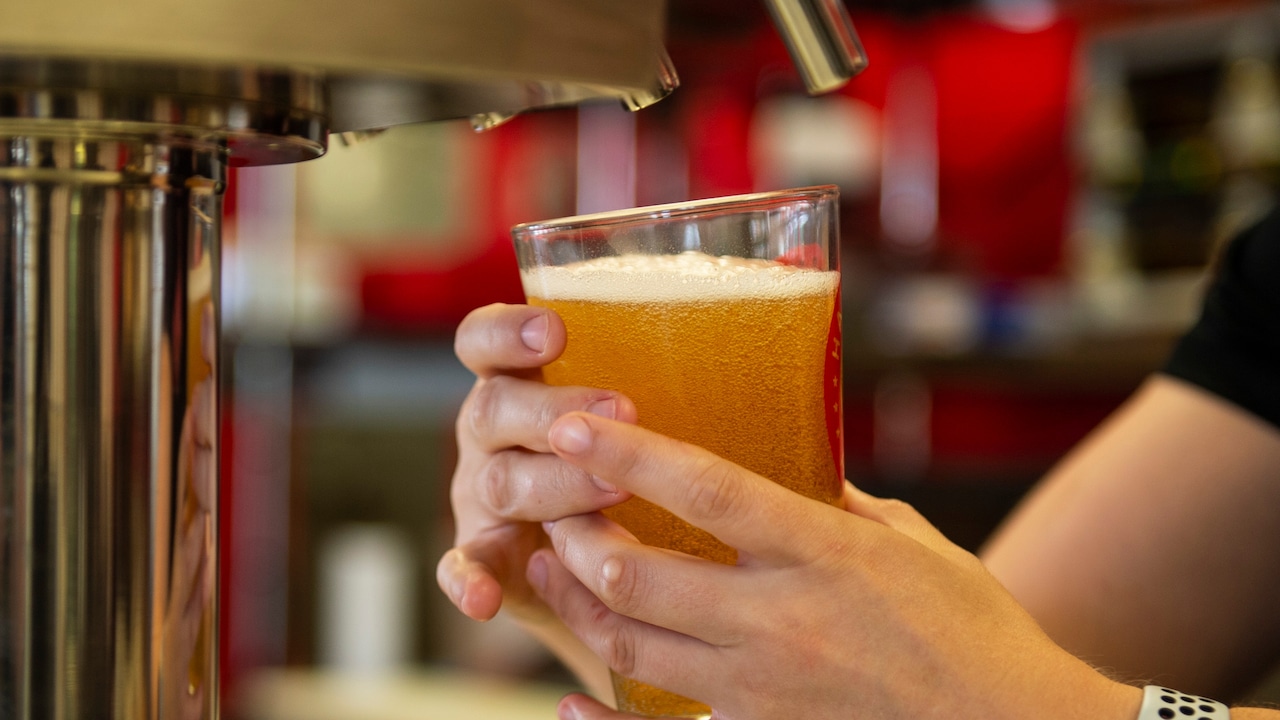Tapped Out — The Problematic Culture of Overdrinking
Introduction
Overdrinking has become an increasingly prevalent issue in today’s society. From college parties to social gatherings, the consumption of excessive alcohol seems to be embedded in our culture. This article aims to shed light on the problematic culture of overdrinking and the negative consequences it can have on individuals and society as a whole.
The Influence of Social Norms
One of the major contributors to overdrinking is the influence of social norms. Throughout history, alcohol has been glorified as a symbol of celebration and camaraderie. In many social circles, excessive drinking is considered a form of bonding and a way to fit in. However, this normalization of overdrinking can lead to a dangerous cycle where individuals feel pressured to consume more alcohol than they can handle.
The Deceptive Appeal of Alcohol
Alcohol is often portrayed as a fun and stress-relieving substance in media and advertisements. It is marketed as a key ingredient to a good time and a way to escape everyday life. This deceptive appeal can create a false sense of security, making individuals believe that consuming large quantities of alcohol is harmless and enjoyable. However, the reality is that overdrinking can lead to severe health issues, accidents, and even addiction.
The Downward Spiral
What starts as a harmless night of partying can quickly turn into a downward spiral. Overdrinking not only impairs judgment but also affects coordination, memory, and decision-making abilities. This can result in risky behaviors, such as drunk driving, engaging in unsafe sexual activities, or getting into fights. The consequences of these actions can have severe ramifications on both individuals and those around them.
Health Risks
Excessive alcohol consumption can take a significant toll on one’s physical and mental health. From liver damage and cardiovascular issues to depression and anxiety disorders, the negative effects of overdrinking are far-reaching. Moreover, the long-term effects of alcohol abuse can lead to addiction, which further exacerbates the problem and makes it even harder to break free from this destructive cycle.
Breaking the Cycle
Addressing the problematic culture of overdrinking requires a collective effort. It starts with education and awareness campaigns that highlight the risks and consequences associated with excessive alcohol consumption. Moreover, fostering a supportive environment that encourages responsible drinking and provides alternative forms of entertainment can help shift the focus away from overdrinking as the sole means of socializing.
Conclusion
The culture of overdrinking is a deeply rooted issue that requires a multi-faceted approach to tackle. By recognizing the negative impact of excessive alcohol consumption on individuals, relationships, and society, we can begin to challenge and redefine our attitudes towards drinking. It’s time to break free from the dangerous cycle of overdrinking and promote a healthier, more responsible approach to alcohol consumption.






